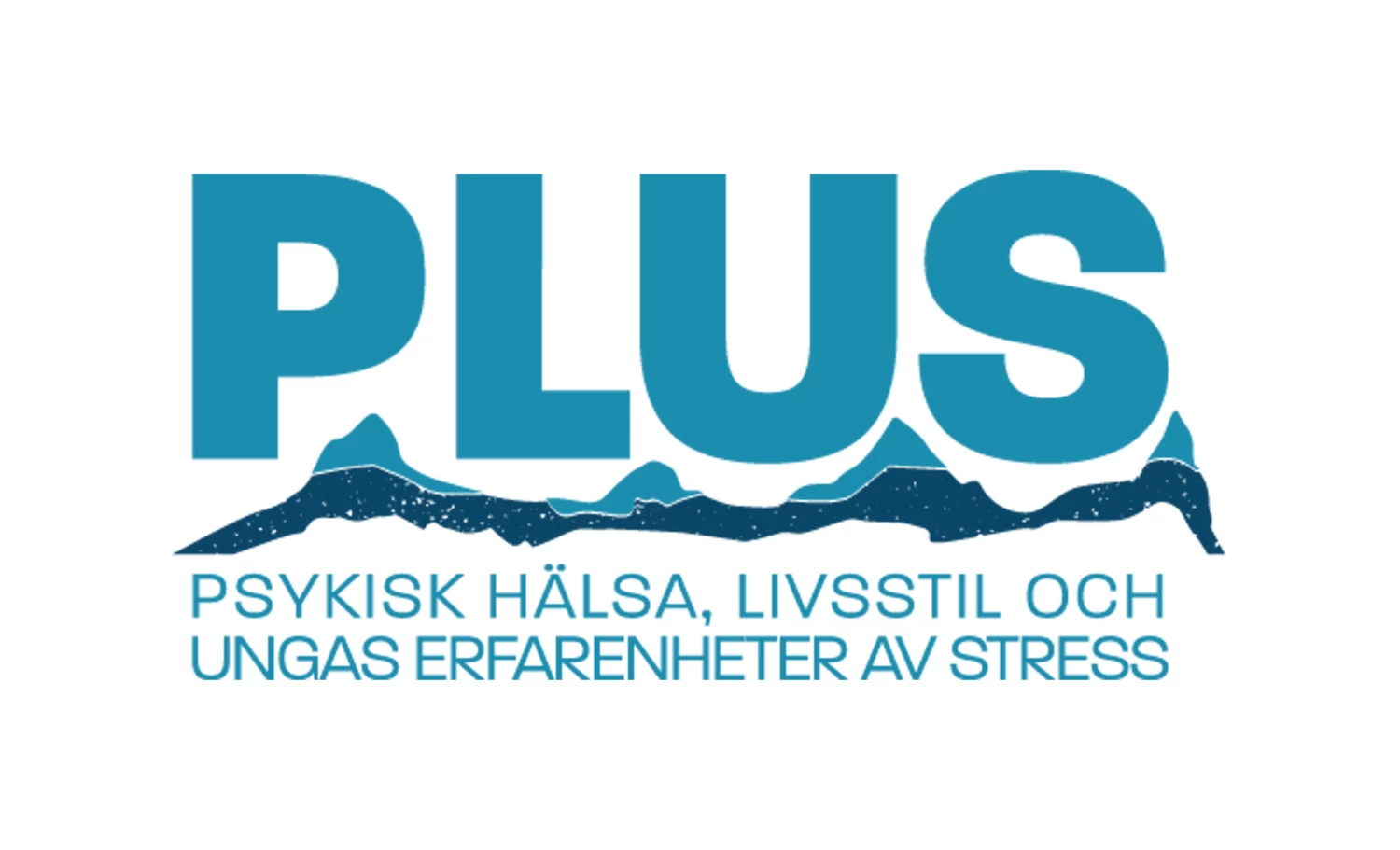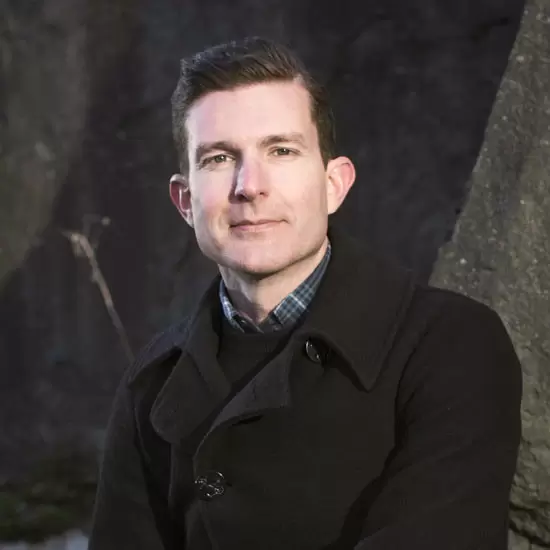PLUS study
Understanding stress and wellbeing over time among diverse Swedish young adults.

Information to research participants among year 5 of the PLUS study
As you may recall, this study involves you and 2000 other Swedish young adults completing a confidential 30-minute survey once per year for four years and some of you will leave blood samples at home using filter papers at two occasions (every other year). We have now the possibility to extend the study for one more year. That means that you who participate will have completed a survey at five occasions and those of you leaving blood samples will have done so three times. As noted last year, we anticipate minimal risks associated with participating in this study, and we have taken a number of steps to minimize these risks and protect your personal information. This study is a unique opportunity to share your perspective and represent the voices of people your age living in Sweden.
This information can ultimately help public health researchers design better policies, programs, and practices that can improve the health and wellbeing of Swedish young adults.
What kind of project is this and why do you want me to participate?
Stress and wellbeing look different among different parts of Swedish society and to get a better understanding of the reasons for differences in stress and wellbeing among different groups of young adults in Sweden, the Public Health Agency of Sweden is conducting a follow-up survey study together with the Karolinska Institutet, Yale University (USA), Columbia University (USA), and Northwestern University (USA). A better understanding of differences in stress and wellbeing among young adults is important, for example, to understand how stress influences wellbeing, how individuals cope with stress, and how society can provide young adults equal opportunities for a healthy life.
The aim of this follow-up survey study is to provide information that can lead to better knowledge about the wellbeing of diverse groups of young adults in Swedish society. The survey asks questions about young adult’s general experience of stress and wellbeing and about diverse influences on their wellbeing.
Karolinska Institutet is the principal organization responsible for this study.
How is the study done?
If you choose to participate in this study, you will be asked to answer questions via a web survey about your stress and wellbeing once a year over the next four years. Answering the questions will take about 30 minutes each time. To compensate for the amount of time you spend answering the questions, you will be offered 100 SEK each time you complete the survey. If you choose to participate, you can end your participation whenever you want. You can also skip any questions you do not want to answer.
In addition to answering survey questions, we will ask you to leave a few drops of blood on three occasions during the study period. Blood drops will be collected via a simple procedure where you drop blood on a filter paper. You do the sampling yourself at home and then submit the filter paper for analysis. We will use the samples to analyze biological markers of stress.
Possible consequences and risks of participating in the study
Participation in the study involves minimal risks. It is possible that you may feel uncomfortable when answering some questions in the survey, such as those that ask you about stressful experiences in your life. However, you can always choose not to answer any questions that make you feel uncomfortable and you can end the survey whenever you want.
As with other research studies that gather information about you, there is a risk that your confidentiality will be violated. However, we have established several procedures to make sure that it will not happen, as described in the next section.
Risks of pricking your finger to collect blood spots might include slight bruising and/or feeling faint, but this risk is rare. To minimize the risk of feeling faint, we will instruct you to prick your finger while sitting down.
Although you will not receive any direct benefit personally from the study, we hope that our results will increase understanding of differences in stress and wellbeing based on diverse experiences, such as age, gender, and sexual orientation.
What happens with my information?
During the project, we will collect and record information about you. We will collect answers to your questions on our web surveys that you will be asked to complete once a year for the next four years.
In order to not ask more questions than necessary, your answers will be supplemented with information already available at Statistics Sweden (SCB). This includes information about your gender, age, marital status, family status, number of children, your own and parents’ country of birth, citizenship, immigration year, migration background, housing area, education, occupation, employment sector, income, social benefits, sickness and activity compensation, and retirement pension. Any information about sick leave will also be collected from the Swedish Social Insurance Agency and healthcare usage, drug use, and causes of death from the National Board of Health and Welfare.
Our study investigators have taken several steps to protect your personal information. First, we will only collect your name and address in order to send you the surveys and blood collection kit and we will only collect your telephone and email address so that we can pay you for your participation in the study and invite you to participate in follow-up surveys. We will never link your name to your survey responses or any other information about you. Second, our study investigators will never have access to your personal identification number. To link your survey responses to national registries that contain data about your demographic background and healthcare usage, we will ask Statistics Sweden to link your survey responses to that information and provide our study investigators only with data that cannot identify you. Statistics Sweden will need to use your personal identification number to link your survey data to your national registry data, but our study investigators will only receive a dataset that does not contain information that could identify you. Third, all collected information will be stored for 10 years on physically secure, password-protected encrypted data storage systems within actively monitored network firewalls. Fourth, the collected data will only ever be presented in a compiled form, where no individual's response can be identified.
The information you provide is protected by the EU Data Protection Regulation, Regulation (EU) 2016/679 of the European Parliament and of the EU Council, as well as confidentiality under Chapter 24, Section 8 of the Public and Privacy Act (2009: 400). All those involved in the survey are covered by the rules of confidentiality. Rules for personal data processing are also contained in the Personal Data Act (1998: 204) and in the Act (2001: 99) and the Official Statistics Regulation (2001: 100). The project has support for the processing of personal data according to Article 6 (1) (a) of the EU Data Protection Regulation.
Your answers and your results will be processed so that unauthorized people cannot access them.
The Karolinska Institutet is responsible for your personal information. According to the EU Data Protection Regulation, you are entitled to obtain free information about all information about you that is handled within the study, and, if necessary, request that any errors be corrected. You may also request that information about you be deleted and that processing of your personal data be limited. If you want to request your information or request that your information be corrected, please contact Richard Bränström (psychologist, associate professor), Department of Clinical Neuroscience, Karolinska Institutet, Nobels väg 9, 171 77 Stockholm, tel. 076 8111 721 and e-mail: richard.branstrom@ki.se. Data Protection Agent can be reached at e-mail: dataskyddsombud@ki.se. If you are dissatisfied with the processing of your personal data, you are entitled to report complaints to the Data Inspectorate, which is the supervisory authority.
If you would like to read more about privacy and your rights as a research participant at the foreign university where data will be handled, please contact the Yale University Human Subjects Committee, +1 203-785-4688, human.subjects@yale.edu. For more information, see: https://your.yale.edu/research-support/human-research/research-participants/rights-research-participant
What happens to my blood samples?
On three occasions during the study, we will ask you to leave blood drops on filter paper. These blood spots will be analyzed for biological markers of stress and the results will be linked to the other information about you collected in our survey and the national registries, but not to information that could personally identify you. We will link your blood sample to your survey and registry data using a random code number, but this code number will not be linked to information that could personally identify you, including your name, contact information, or personal identification number. In that way they are stored pseudonymized.
The blood samples that you provide will be stored in a so-called biobank called the KI Biobank (IVO reg.nr 222) according to the biobank legislation (2023:38), which is located at Karolinska Institutet in Solna. Karolinska Institutet is responsible for the biobank. The blood samples will be sent de-identified (pseudonymized) to Dr. Thomas McDade’s laboratory at Northwestern University in the United States for analysis. The samples will be analyzed within six months of arrival to the United States and as soon as the analyzes have been completed, samples will be sent back to KI Biobank for continued storage.
You have the right to not have the samples saved. If you agree that the samples can be saved, you are entitled to later withdraw (disapprove) that consent. Your samples will then be discarded or de-identified. If you wish to have your samples discarded or de-identified, please contact Project Manager, Richard Bränström (psychologist, Associate Professor), Department of Clinical Neuroscience, Karolinska Institutet, Nobel Road 9, 171 77 Stockholm, tel. 076 8111 721 and e-mail: richard.branstrom@ki.se.
The samples may only be used for the purpose in which you have consented. For future research not yet planned, the Ethics Review Board (Regionala etikprövningsnämnden i Stockholm) will decide if your permission will be asked again to conduct that research with your samples.
How do I get information about the outcome of the study?
Results from the study will be reported in scientific publications and will also be communicated to the public via news media. Your name or personally identifying information will never be associated with reports of the research findings.
Participation is voluntary
Your participation is voluntary and you can choose to cancel your participation at any time. If you choose to not participate or want to cancel your participation, you do not need to indicate why, nor will it affect your future care or treatment. If you want to cancel your participation, please contact the person responsible for the study (see below).
We may end your participation for a number of reasons: 1) during the course of the study, it becomes clear that you do not meet study eligibility criteria, 2) if physical or psychological problems arise which would interfere with your participation in the study, or 3) if we believe that you are providing inaccurate or false information.
Responsible for the study

